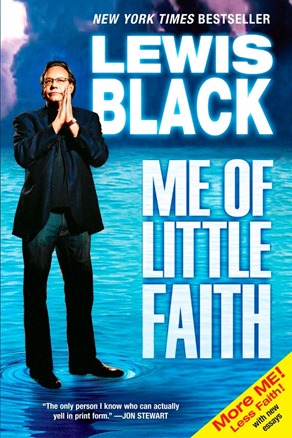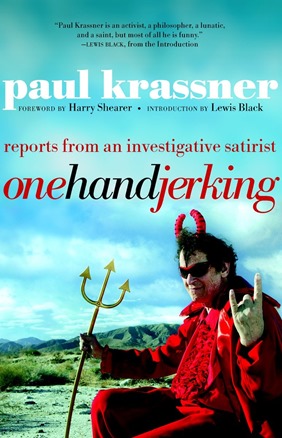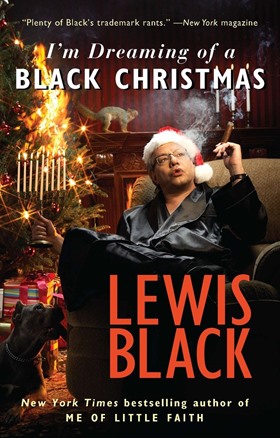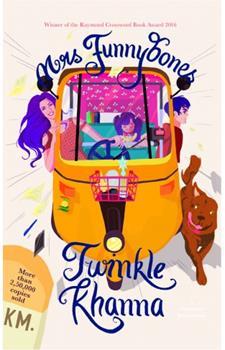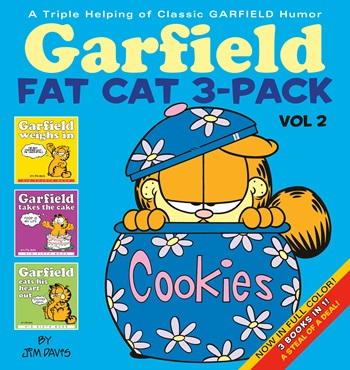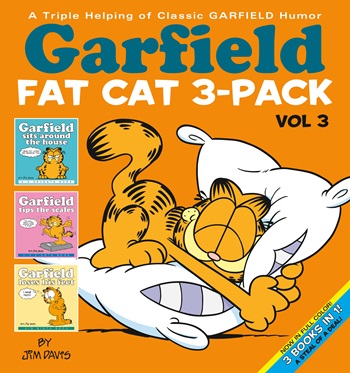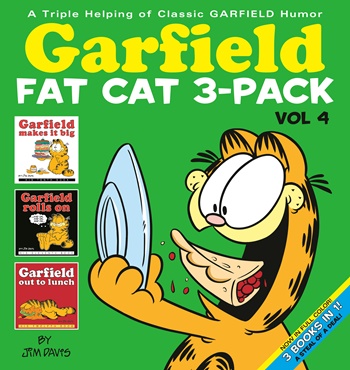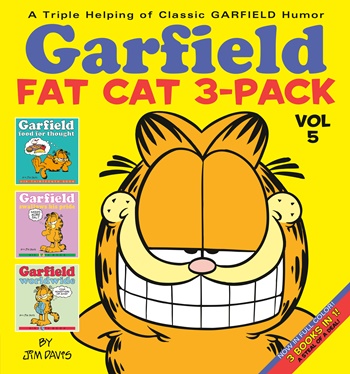Description
What do we believe? And for God's sake why?
These are the thorny questions that Lewis Black, the bitingly funny comedian, social critic, and bestselling author, tackles in his new book, Me of Little Faith. And he's come up with some answers. Or at least his answers. In more than two dozen essays that investigate everything from the differences between how Christians and Jews celebrate their holidays, to the politics of faith, to people's individual search for transcendence, Black explores his unique odyssey through religion and belief.
Growing up as a nonpracticing Jewish kid near Washington, D.C., during the 1950s, Black survived Hebrew school and a bar mitzvah (barely), went to college in the South during the tumultuous 1960s, and witnessed firsthand the unsettling parallels between religious rapture and drug-induced visions (even if none of his friends did). He explored the self-actualization movements of the 1970s (and the self-indulgence that they produced), and since then has turned an increasingly skeptical eye toward the politicians and televangelists who don the cloak of religiouos rectitude to mask their own moral hypocrisy.
What he learned along the way about the inconsistencies and peculiarities of religion infuriated Black, and in Me of Little Faith he gives full vent to his comedic rage. Black explores how the rules and constraints of religion have affected his life and the lives of us all. Hilarious experiences with rabbis, Mormons, gurus, psychics, and even the joy of a perfect round of golf give Black the chance to expound upon what we believe and why—in the language of a shock jock and with the heart of an iconoclast.
"To put it as simply as I can," Black writes, "this is a book about my relationship with religion, where my—dare I say it?—spiritual journey has taken me...what it's meant and not meant to me, and why it makes me laugh." By the end of Me of Little Faith, you'll be a convert.
About the Author
Lewis Niles Black is an American stand-up comedian, author, playwright and actor. He is known for his comedy style which often includes simulating a mental breakdown or an increasingly angry rant, ridiculing history, politics, religion, trends and cultural phenomena. He hosted Comedy Central's The Root of All Evil and makes regular appearances on The Daily Show with Jon Stewart delivering his "Back in Black" commentary segment. When not on the road performing, he resides in Manhattan and also maintains a residence in Chapel Hill, N.C.Black was born in Silver Spring, Maryland. He is the son of Jeannette, a teacher, and Sam Black, an artist and mechanical engineer. He was raised in a middle-class Jewish family in Silver Spring, Maryland, graduating from Springbrook High School in 1966, summa cum laude having the highest average of all males in high school. Black claims in his book that he scored highly on the math section of his SAT exam and later applied to Princeton University among others. Black matriculated at the University of North Carolina at Chapel Hill where he studied playwriting and was a brother of Pi Lambda Phi International fraternity and a member of Student Congress. He earned a Masters in Fine Arts at the Yale School of Drama in 1977.Originally, his career was in the theater as a playwright. He served as the playwright in residence and associate artistic director of Steve Olsen's West Bank Cafe Downstairs Theatre Bar in Hell's Kitchen in New York City, where he collaborated with composer and lyricist Rusty Magee and artistic director Rand Foerster on hundreds of one-act plays from 1981 to 1989. Also with Rusty Magee, Lewis wrote the musical The Czar Of Rock and Roll, which premiered at Houston's Alley Theatre in 1990.Black's stand-up comedy began as an opening act for the plays as he was also the master of ceremonies. After a management change at the theater, Black left and began working as a comedian as well as finding bit parts in television and films.Lewis Black's style of comedy is that of a man who, in dealing with the absurdities of life and contemporary politics, is approaching his personal limits of sanity. Sarcasm, hyperbole, profanity, shouting and trademark angry finger-shaking bring emphasis to his topics of discussion. He once described his humor as "being on the Titanic every single day and being the only person who knows what is going to happen." He claims that he doesn't write his jokes down, he merely starts talking about something that makes him angry until he has to move on before he has a stroke.Black describes his political affiliation as such: "I'm a socialist, so that puts me totally outside any concept...the Canadians get it. But seriously, most people don't get it. The idea of capping people's income just scares people. 'Oh, you're taking money from the rich.' Ooh, what a horrifying thing. These people really need $200 million".Black lists his comedic influences as George Carlin, Lenny Bruce, Richard Pryor, Lily Tomlin, Bob Newhart and Shelley Berman.In 1998, he starred in his first comedy special on the series Comedy Central Presents. He starred in two additional episodes of the series in 2000 and 2002. He starred in another special for the network in 2002 titled Taxed Beyond Belief.In 2000, Black and fellow comedian Jim Norton were arrested for their involvement with "The Naked Teen Voyeur Bus", a specially designed bus with acrylic glass walls containing numerous (18 and 19 year old) "teen girls." This bus rode around Manhattan while being broadcast on the "Opie and Anthony" radio show. Unfortunately, radio station management did not inform the O&A show that the bus' route was also the route that President Clinton was taking that same day. Twenty-eight hours after the arrest, Black and Norton were released. Black appeared on The Daily Show the following night where he stated he was exercising his constitutional rights. He then joked that the location of
